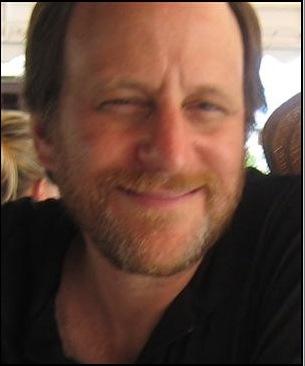
A composer and orchestrator who has worked with some of the biggest names in show business including Liza Minnelli and Bernadette Peters, plus Warner Bros. films, ABC-TV, The Disney Channel, and The Academy Awards Show, among numerous others. He developed a lecture that has been delivered in major cities and also talks in this interview about musicals he’s currently writing.
“Somewhere in my mid-teens I started to hear the sounds of instruments in my head and I wanted to figure that out, I wanted to figure out how to put that on paper, how to make that happen, and I began to study arranging/orchestrating.”
“I had this music thing going on all the time and I never really – although I took classical piano lessons – I was never really infatuated with the piano, but I was always interested in making music.”
“Writing in this instance means creating arrangements for a, mostly, a big band – a big band being about four trumpets, four trombones, five woodwinds, piano, bass, drums, and guitar, sometimes we had strings, sometimes we had fewer brass, but it’s basically the studio orchestra as it’s come to be known as it was sort of the foundation of the sound of television in the 60s and 70s was this studio orchestra and that’s the sort of writing that I was trained to do.”
“You can be a composer and you can orchestrate your own music. You can also be an orchestrator who orchestrates someone else’s music. And I, in my career, I have done both things.”
“The adoption musical… has been produced about 13 times and we’re in discussions now – I don’t want to say too soon – but we’re in discussions with a certain public television station to perhaps re-shoot the show and get it shot in a local PBS market to perhaps then go into other markets.”
“The theatre is one of the last forums in the world for authors to say what they mean and mean what they say and have their work presented the way they intended it.”
“I don’t want to pretend that everyone can do everything. In fact, if you go to the ASCAP Expo or other industry-type places and you hear panels talk, they will tell you that one of the keys to success is to really find your niche and stick with it and make a name within the niche that you can carve out.”
“To go into the business thinking, ‘Well, I can write music for anyone in every situation at any time, while in fact it may be true, from a business point of view it’s a bit naïve.”
“Those of us who work in the field of commercial music, sometimes we do things for the money, sometimes we do things where it might not involve that much of our personality, per se, but we’re applying our craft as best we can to the situation, and every once in a while you get to do something in the business where you’re allowed to express yourself more personally and also get paid for it. And so, that’s the very happy merging of both your personal passion with the commercial world and when that happens that makes for a lot of pride.”
"A Home"
"Takin' on the Town"
